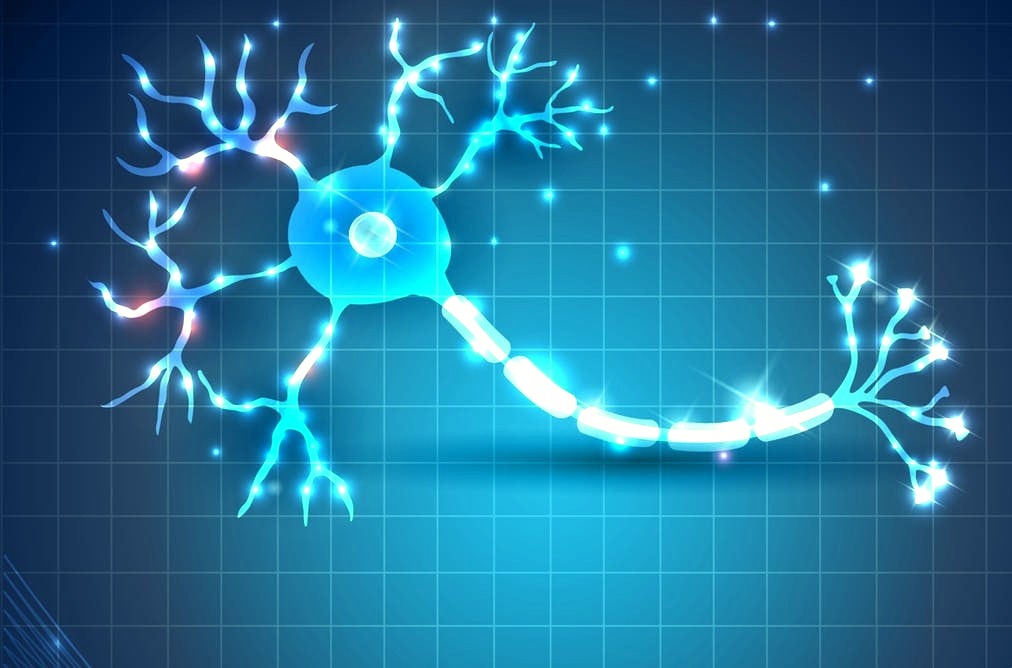Stem cell treatment for autism
Autism is a condition caused by a violation of the central nervous system and manifests itself as a disorder of perception and understanding of the world.

There are no reliable data on the causes of autism and ASD, but recent studies show that it is based on a violation of a number of genes caused by negative environmental effects and impaired homeostasis. This leads to changes in various areas of the brain, such as excess neurons, migration (incorrect position) of neurons during pregnancy, unbalanced neuroinhibitory networks, impaired formation and functioning of synapses.
The interaction of the immune and nervous systems plays an important role in autism, as well as in various metabolic disorders, which can significantly affect the functioning of both the nervous and immune systems. People with autism spectrum disorders do not have an intuitive understanding of the world (an extreme form of self-isolation).
The main difficulties people with ASD experience in 3 social areas: communication, interaction, and imagination - this is the so-called "triad of disorders in autism", which appears in a developmental delay and unwillingness to make contact with others. In some cases, the child is diagnosed with autism due to loss of speech or social skills, it happens usually between the ages of 15 and 30 months and is called regressive autism.
Autism treatment is symptomatic and actually comes down to behavior correction, the prevention of seizures or aggression, including self-harm with the use of psychotropic drugs (antidepressants, stimulants, antipsychotics), as well as anticonvulsants, which can be unsafe because children and adults with ASD may respond to treatment inadequately.

Fetal stem cell treatment is aimed at eliminating the causes of the disease and has several directions:
- Restoration of damaged neurons and their processes with the restoration of their normal functioning (cells of ectodermal origin).
- Immune correction, the so-called micro-immunotherapy (cells of mesodermal origin): fetal stem cells are the only source of stem cells of neuroectoderm of natural origin - precursors of neurons; therefore their use in the treatment of neurological diseases is most effective compared to other types of stem cells.
The effectiveness of the treatment depends on the initial state of the patient. Treatment should be started as soon as possible after the diagnosis was made, and it should be necessarily accompanied by correctional therapy and work with psychologists. Not less important is the correction of immunity and metabolic disorders.
It is worth remembering that autism and ASD are among the most complicated neurological diseases followed by psychological disorders, and therefore they require long-term treatment and recovery.
After the course of stem cell therapy, our patients with autism and ASD usually notice the following improvements:
 |
Improvement of behavior and responses to other people and the environment. |  |
Improvement of attention and ability to learn |
 |
Reduction of aggression and self-injury |  |
Improvement of social skills, including self-service |
